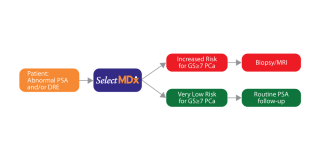What are OAB symptoms?
With an overactive bladder, you may:
- Get sudden urges to urinate that are difficult to control
- Experience urge incontinence
- Use the washroom 8 times or more in a day
- Wake up twice or more frequently every night to urinate
Many people suffering from overactive bladder symptoms experience emotional distress, depression, and chronic exhaustion due to the interrupted sleep cycles.
What causes an overactive bladder?
Aging is by far the most prevalent cause of overactive bladder. 30% of adults over 65 suffer from OAB. However, an overactive bladder isn’t a normal part of aging and you should seek treatment.
OAB affects both men and women.
Some other medical condition which may lead to urinary symptoms include:
- Poor kidney function
- Neurological disorders
- Acute urinary tract infections
- Enlarged prostate
- Excess consumption of fluids
- Excess consumption of caffeine or alcohol
- Being overweight
What treatment options are available?
In milder cases, it may be enough to avoid caffeine, alcohol, drinking before bedtime to reduce or eliminate your overactive bladder symptoms.
If you experience intense muscle spasms and are unable to control your bladder, you may be prescribed certain drugs to help control your symptoms.
PTNS (Neuromodulation) is a drug-free treatment that offers lasting results. It works even in cases when the drugs have been ineffective.







